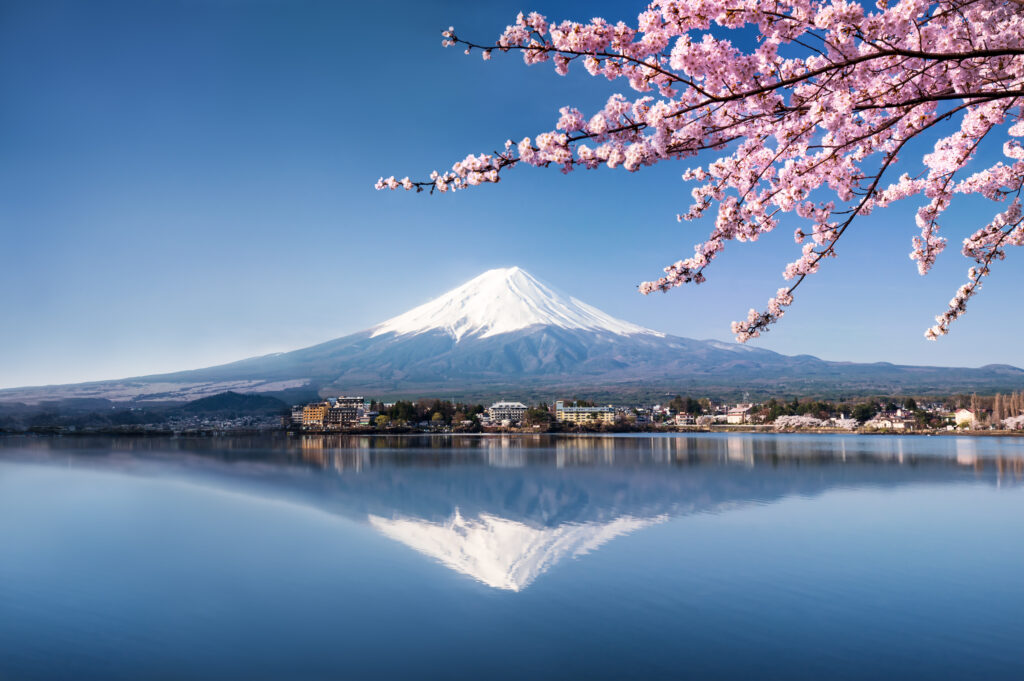Japan’s Mountain and Ski Resort Market Set for Strong Growth, Driven by Tourism Revival, Tech Innovation, and Year-Round Outdoor Experiences.
The Japan mountain and ski resort market is poised for unprecedented growth, with industry projections forecasting a surge from an estimated USD 944 million in 2025 to a staggering USD 2.4 billion by 2035, growing at a compound annual growth rate (CAGR) of 9.8% over the next decade. This impressive trajectory reflects a rising global demand for premium winter tourism experiences, bolstered by Japan’s world-renowned alpine landscapes, robust infrastructure, and an expanding portfolio of high-end resort offerings.
Japan Emerges as Asia’s Premier Winter Sports Destination
Japan’s mountain and ski resort sector has experienced a strong post-pandemic rebound, positioning itself as a central pillar in the country’s tourism and leisure economy. With majestic destinations such as Niseko, Hakuba Valley, Nozawa Onsen, and Shiga Kogen drawing international visitors, Japan continues to elevate its reputation as a top global ski destination. The government’s increased investment in infrastructure, visa liberalization, and sustainability initiatives are transforming these resorts into year-round attractions.
Key Market Drivers Accelerating Growth
• Rising Demand for Experiential and Adventure Tourism: Global travellers, especially millennials and Gen Z, are increasingly seeking immersive outdoor experiences. Japan’s ski resorts offer not only pristine powder snow but also unique cultural add-ons such as hot springs (onsen), traditional ryokans, and Japanese culinary experiences.
• Winter Olympics Legacy and International Branding: The lasting impact of events like the Nagano 1998 Winter Olympics continues to drive brand visibility for Japanese ski destinations, contributing to sustained inbound tourism growth.
• Government Support and Strategic Investments: Public-private partnerships and regional revitalization projects are supporting the development of smart ski resorts, eco-friendly lodging, and enhanced transport connectivity.
• Year-Round Mountain Tourism: Beyond the ski season, destinations are transforming into all-season mountain resorts, offering hiking, mountain biking, and wellness retreats — boosting occupancy rates and operational profitability.
• Technology and Digital Transformation: Innovations such as contactless ticketing, AI-enabled weather forecasting, and integrated resort apps are improving guest experiences and driving customer retention.
Sustainable Development a Core Strategy in Resort Modernisation
As global awareness of environmental issues intensifies, sustainable development has become a central pillar in the modernization of Japan’s ski and mountain resorts. Operators across major destinations are integrating eco-friendly technologies and practices into their resort infrastructure, focusing on renewable energy adoption, efficient water management systems, waste reduction initiatives, and biodiversity preservation. Many resorts are also implementing green building standards and collaborating with local communities to promote low-impact tourism.
These efforts not only help protect Japan’s pristine alpine ecosystems but also align with the values of a new generation of eco-conscious travelers who prioritize sustainability when choosing leisure destinations. As climate change becomes an increasingly urgent concern for winter tourism worldwide, Japan’s proactive approach positions its resorts as forward-thinking, responsible, and globally competitive.
Luxury Travel and Wellness Tourism Gain Momentum
Japan’s ski resorts are seeing rising demand from affluent travellers seeking more than just winter sports. Luxury ski lodges, private chalets, and premium spa services are becoming key offerings, catering to health-conscious visitors looking for relaxation and exclusivity.
A major differentiator is the integration of traditional Japanese wellness practices, especially onsen (hot springs), forest bathing, and holistic therapies rooted in local culture. This fusion of luxury and wellness is enhancing Japan’s appeal as a top-tier destination for winter leisure and rejuvenation, attracting high-end travelers from across the globe.


